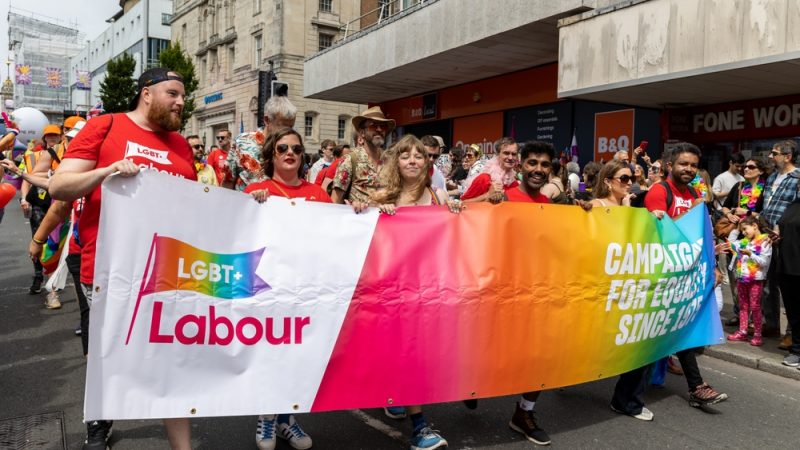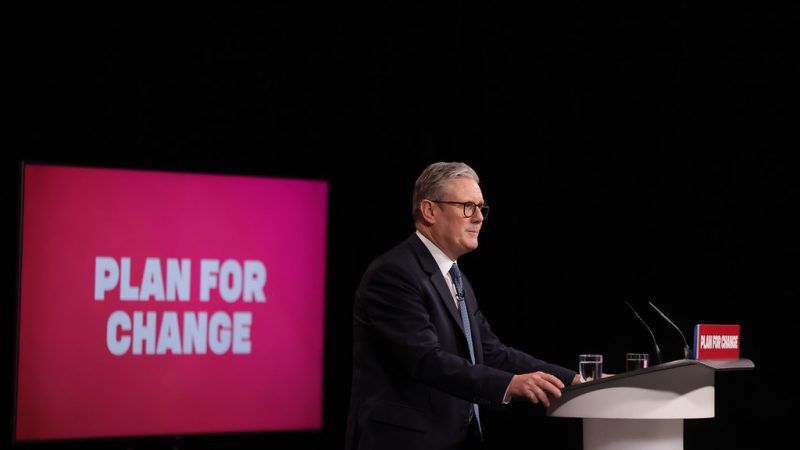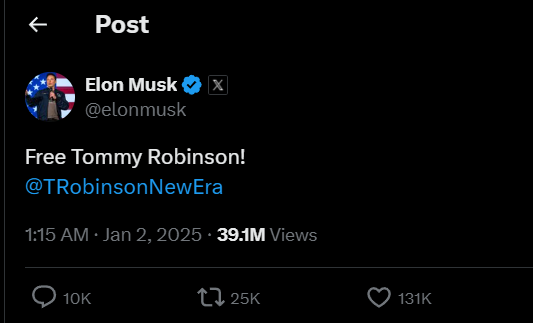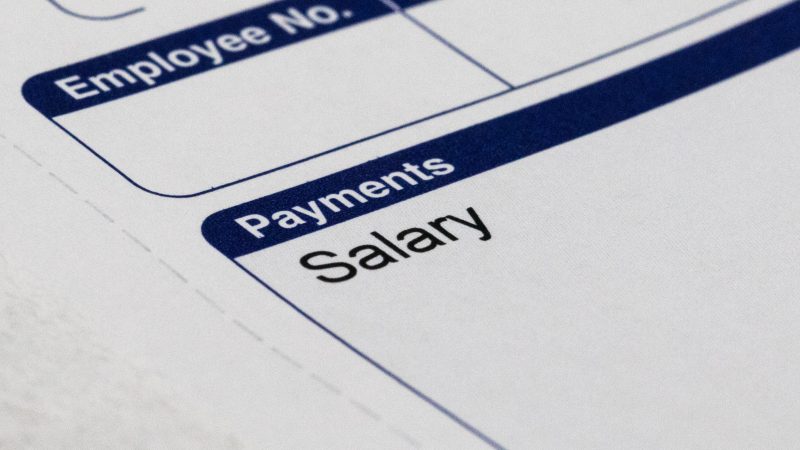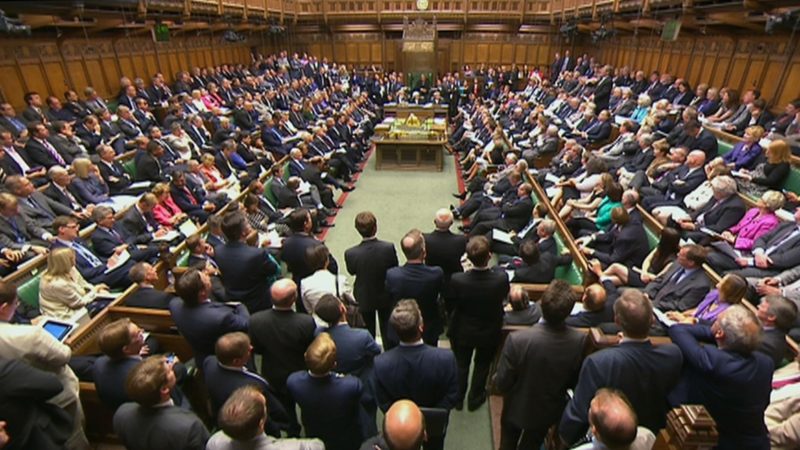Ngo Van: an inspiring revolutionary

JANUARY 1, 2024
Ngo Van died twenty years ago today. Mike Phipps recalls the life of an extraordinary Vietnamese socialist, based on his gripping autobiography In the Crossfire: Adventures of a Vietnamese Revolutionary.
Ngo Van lived an extraordinary life. In his Introduction to In the Crossfire, Ken Knabb summarises: “In Part I of this book Van recounts his experiences growing up in a peasant village; working as a teenager in Saigon; discovering the true nature of the colonial system; becoming aware of movements that were fighting it; cautiously seeking out other dissidents; attending clandestine meetings; establishing underground networks; disseminating radical publications; organizing strikes and protests; taking part in insurrections and partisan warfare; being jailed and tortured by the French; and facing the murderous betrayals by the Stalinists, who systematically liquidated the Trotskyists and all the other oppositional movements in the aftermath of World War II.”
Van’s book opens with his arrest, torture and imprisonment in 1936, before recounting his childhood in rural poverty and some of his formative experiences under French colonial rule:
“One day at noon I entered the courtyard of the Communal House and stumbled upon a scene of beating. A poor wretch in rags was lying face down, his arms and legs pinned to the ground by three others. His tormentor was holding a long flexible rod at arm’s length and raining blows on the man’s lower back. At each of the twenty-some blows, the victim cried out and jerked convulsively. The solemnly dressed notables seated inside looked on impassively at the punishment of the man they had just condemned. It was the notables’ self-appointed right to intervene in disagreements between villagers and to judge and punish the poor people at their mercy. This scene of cold-blooded cruelty marked me for life.”
Despite being talented, Van was forced to end his formal education at the age of 13. He found work in Saigon at a time of anti-colonial uprisings in in the late 1920s which suffered fierce repression. Van became increasingly involved in political activity and organised a workplace union. At this time, despite the tensions arising from the support for French militarism peddled by followers of the Moscow line, in Vietnam Trotskyists and Stalinists still worked together on the journal La Lutte. That ended in May 1937 when the Stalinists walked out and denounced Trotskyists as “fascist agents” – which the journal’s supporters found profoundly disorienting.
Van was in and out of jail in the late 1930s, where he met numerous other revolutionary activists. He was particularly impressed by the peasant militants whom he met, who “saw the struggle as inseparable from their daily rural life, envisioning global social change in terms of how it would affect their own village community. Their sense of brotherhood moved me greatly… What became of my rural friends in the maelstrom of the Cochin Chinese peasant insurrection in November 1940? Their village Thanh Loi, which was on the fringes of the Plain of Reeds, was apparently wiped out by machine-gun fire and bombs.”
Without knowing it, Van found himself in the heart of this uprising. The insurgents attacked the militia posts to obtain arms, set fire to town halls and other official buildings, killed cops who were known torturers, attacked patrols and tried to block roads and canals and destroy bridges.
Martial law was declared. French troops searched villages after first bombing them and raking them with machine-gun fire. Over a hundred insurgents were killed in combat; thousands of noncombatant villagers were slaughtered by bombs or gunfire or taken away to be tortured.
Van writes: “Of the 5,800 people arrested, 221 were condemned to death — the executions were held in public to serve as examples — and 216 others were condemned to forced labour camps. The prisons were so overloaded that the excess prisoners were cooped up in barges where, under metal sheeting broiling in the sun, they died like flies.”
Van was in Saigon in March 1945 when the Japanese took control. “The French colonial regime, after eighty years of crushing with terror, violence and corruption all the attempts of its slaves to break their chains, had collapsed in a single night.”
Japanese rule did not last. Anglo-American aerial bombardment came swiftly, followed by French ground troops who carried out the largescale execution of civilians. When the Japanese army surrendered on August 15th, 1945, Saigon was in turmoil.
“A burst of wild hope filled us when we learned that the 30,000 miners of the Hongai-Campha Coal Mines had taken their fate into their own hands and elected workers councils to manage the coal production themselves. The miners were now in control of the public services in the area, the railways and the telegraph system. They were applying the principle of equal pay for all types of work, whether manual or intellectual. They had even begun a literacy campaign, setting up courses in which those who were literate taught their fellow workers how to read. In this working-class ‘Commune,’ life was organized with no bosses and no cops.”
Van and his comrades feared that this could not last. The Stalinist Vietminh, who were now in power in the North, had begun a campaign of physically eliminating those they called ‘Trotskyist traitors to the Fatherland.’ When the Allied Commission arrived on September 6th under the command of British General Gracey, it ejected the Vietminh’s de facto government, ordered the dissolution of all armed groups and prohibited any possession of arms.
Two weeks later, Gracey declared martial law. “Filled with terror and rage, the people of the city quickly built barricades with chopped-down trees, overturned vehicles and piled-up furniture in order to bar the passage of patrols and troops. It was a desperate resistance. You could hear the rattle of machine-gun fire until six the next morning. Eventually the city centre fell to the French, supported by the Gurkhas… French soldiers and sailors went from door to door in the city centre and on the waterfront, shooting out the houses’ locks and taking the inhabitants away.”
On October 3rd, 1945, continues Van, “an order reached the front from the Vietminh Executive Committee, which was discussing a ceasefire with General Gracey. It called on all insurgents to fight only the French and to allow the British and Japanese to pass freely through the lines. This was an appalling and deadly folly: Detachments of Gurkhas and Japanese, who were being used as auxiliary troops by Gracey, immediately passed through the zones controlled by the insurgents without having a shot fired at them, and took possession of the most strategic positions. This enabled the French to break through the resistance at Ba Chieu, Binh Hoa and the Binh Loi bridge and on the Hang Sanh road toward Thi Nghe. At the Thi Nghe bridge around two hundred Trotskyist fighters from La Lutte were massacred.”
Van managed to escape by the skin of his teeth through the waterways of the Plain of Reeds, amid aerial bombardment. On his journey, he saw torched villages, corpses in rivers and other gruesome signs of colonial reconquest: “We passed through a village just after the French had been there. They had lined up all the villagers in squatting positions on the edge of a canal, then machine-gunned them all.”
Of his home village, there was dreadful news. Whole groves of bamboo and pineapple trees had been levelled. “The uniformed killers ransacked the little straw huts and other dwellings, searching them from top to bottom, breaking open cupboards, upsetting ancestral shrines and smashing the temple of the Guardian Spirit. Women, children and old people were herded to the side of the road. The men found hiding were taken to the Iron Bridge and shot, their bodies thrown into the water. Peasants at work in the rice fields were machine-gunned at point-blank range.”
In Saigon, “the postwar ‘new France’ lashed out against the small number of French who sympathized with the native Indochinese peoples. Soldiers had beaten the editor of the socialist news-sheet Justice, which had denounced the crimes committed by the brutes of the Expeditionary Corps, completely destroying his home as well as the paper’s office and printworks… A young French woman, a member of the Women’s Auxiliary Army Corps, was forced to walk down Rue Catinat at six in the evening between two paratroopers carrying whips. Her hands were tied behind her back, her head was shaved, and a placard was attached to her back that read: ‘I signed the Marxist resolution’.”
The war spread to the North in December 1946. “The treaty of March 6, 1946, a fool’s bargain signed by Ho Chi Minh through which the ‘new France’ recognized Vietnam as a ‘free state’ within the French Union, enabled Leclerc’s troops to enter Hanoi ‘without firing a single shot’ and to install themselves at strategic points in the country.”
Police mopping-up operations spread terror in the Saigon-Cholon region. Van saw a camp surrounded with barbed wire “where the French killers were piling up the prisoners they had captured during these raids. They shot them in batches of ten at a time, like hostages. Among the corpses was a boy, still holding a piece of paper, probably indicating his name and address.”
In Spring 1948, Van managed to escape to France, noting, “Of all those who had taken part in the revolutionary opposition movement and who had remained in the country, hardly a one survived.”
The second part of Van’s book has a more subdued tone. In France, he had a different life: dire poverty and wage-work in a Paris factory. Van writes, “The bosses control our time. Time eats away our life. We proletarians are nothing but the bosses’ ‘variable capital’… As Marx wrote in The Poverty of Philosophy: ‘Time is everything, man is nothing; he is at most the carcass of time.’”
Van worked in a variety of factories. He formed a lifelong friendship with a Spanish civil war veteran, brought his 12 year old son to Paris and started to paint while convalescing in the Pyrenees, after a bout of tubercular pleurisy.
His political outlook changed too. After re-reading Marx, he began to distrust any form of organisation that could be seen as an embryonic state and became very critical of those Trotskyists who gave critical support to the forces of Ho Chi Minh.
His attitude to Stalinism did not change. He was working in a factory when the May 1968 events broke out. “Students were calling for a general strike and coming to the factories in order to make contact with the workers. The [Communist Party-led union federation] CGT prevented the workers from meeting them, keeping the workers isolated in their factories and driving away the students.”
Ngo Van’s memoir includes biographies of many of his comrades and is dedicated “to all these friends and comrades, and to so many others; to all those who have dreamed of a new world liberated from oppression and exploitation; to the serfs of the rice fields, the slaves of the plantations, the miners, coolies, farm labourers, workers and peasants who died anonymously, ‘combatants who fell in the struggle with no one to tell their story, no one to evoke their spirit’ and to the memory of my mother.”
There is more about Ngo Van in this excellent obituary by Hilary Horrocks and Simon Pirani, as well as a list of some of his writings. Even while he was alive, the history of revolutionary socialists in Vietnam was being suppressed. In the Crossfire helps keep this critically important memory alive.
Mike Phipps’ book Don’t Stop Thinking About Tomorrow: The Labour Party after Jeremy Corbyn (OR Books, 2022) can be ordered here.
Image:Japanese troops entering Saigon in 1941 https://picryl.com/media/japanese-troops-entering-saigon-in-1941-32ed7c Public domain photograph of Imperial Japan, Japanese empire, during World War Two, free to use, no copyright restrictions image – Picryl description Wikimedia Commons Public Domain Mark 1.0 Universal PDM 1.0 Deed
